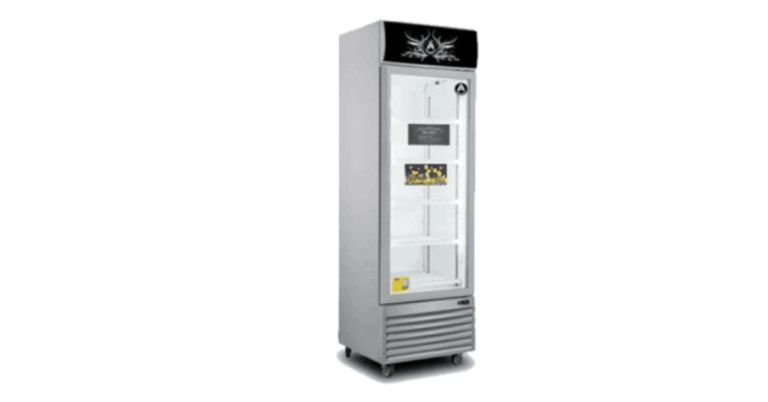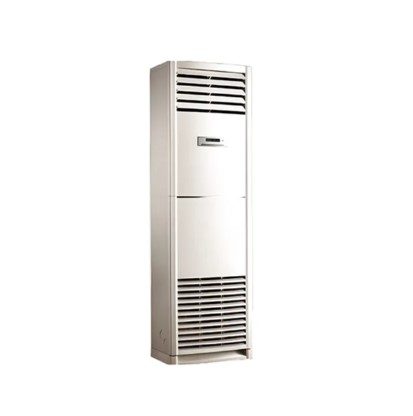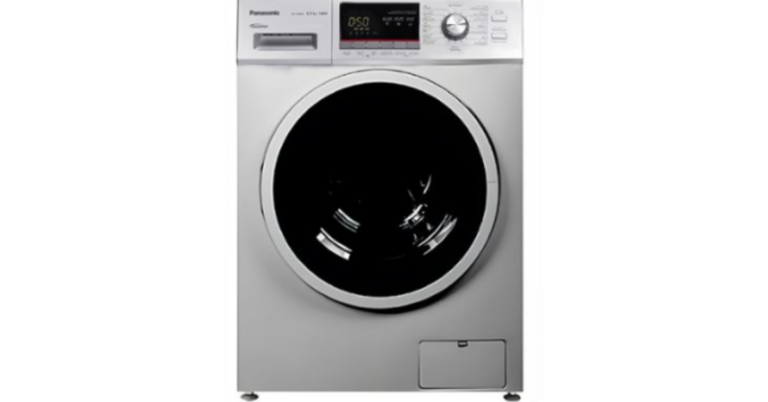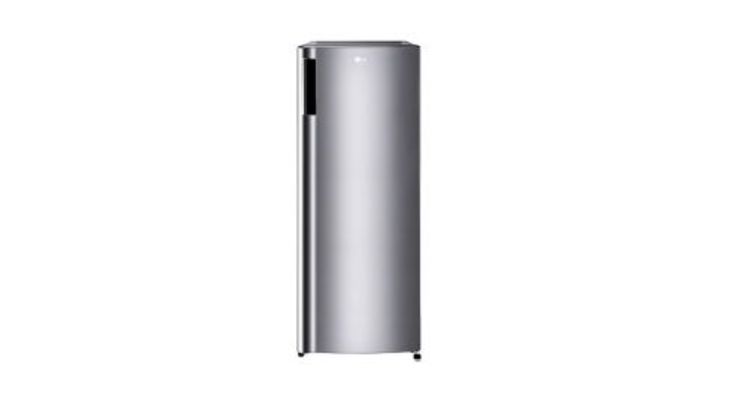The Ultimate Guide to Marine Refrigerator 60Hz: Cooling Efficiency on the High Seas
In the world of maritime operations, ensuring the proper storage and preservation of food, beverages, and other temperature-sensitive items is not just a luxury—it’s a necessity. One of the most critical appliances for this purpose is the Marine Refrigerator 60Hz designed specifically for life at sea. Built to withstand the challenges of a marine environment while providing reliable cooling, this type of refrigerator is a staple aboard cruise ships, cargo vessels, fishing boats, and private yachts.
Why Frequency Matters: Understanding 60Hz in Marine Refrigeration
When selecting a refrigerator for marine use, one of the most important yet often overlooked specifications is the frequency rating—60Hz in this case. Electrical systems in vessels vary based on where the ship was manufactured and its operating regions. For vessels that operate primarily in regions with a 60Hz electrical standard (like North America and parts of Asia), it is crucial to install appliances compatible with this frequency to ensure smooth, efficient, and safe operation.
The Marine Refrigerator 60Hz is specifically designed to align with these power systems. Using a refrigerator that matches your vessel’s electrical frequency avoids problems such as inefficient cooling, increased energy consumption, and shortened appliance lifespan. More importantly, it contributes to the overall safety and performance of onboard electrical systems.
Marine Refrigerators vs. Residential Units
Although marine and residential refrigerators may appear similar in function, they are fundamentally different in design and engineering. Marine refrigerators are built to withstand constant movement, temperature fluctuations, salt air corrosion, and tight space constraints—all of which are common conditions at sea.
Key differences include:
-
Durability: Marine refrigerators use corrosion-resistant materials to handle the high humidity and salty air of marine environments.
-
Voltage and Frequency Compatibility: The Marine Refrigerator 60Hz runs on a stable 220V, 60Hz power supply commonly used on larger vessels.
-
Compact and Custom Sizes: These units are typically smaller or uniquely shaped to fit into the restricted galley spaces found on boats and ships.
-
Energy Efficiency: Because power is a precious resource at sea, marine refrigerators are optimized to consume minimal energy while maintaining cooling performance.
Benefits of Using a 60Hz Marine Refrigerator
1. Optimal Performance in Regional Waters
Ships and vessels that travel primarily within 60Hz power regions benefit greatly from using refrigerators tuned to the same frequency. A Marine Refrigerator 60Hz performs optimally without needing converters or transformers, which can introduce inefficiencies or even pose a risk of damage.
2. Reliability in Harsh Conditions
These refrigerators are built to resist the constant vibrations and jostling typical of marine travel. Whether navigating through calm waters or rough seas, a marine refrigerator is less likely to suffer mechanical issues compared to a standard household fridge.
3. Corrosion Resistance
Exposure to salty air and moisture can quickly degrade ordinary appliances. Marine refrigerators are manufactured using stainless steel, marine-grade aluminum, and special coatings that resist corrosion, ensuring a longer lifespan and consistent performance.
4. Efficient Space Management
With intelligently designed interiors, marine refrigerators make the most out of limited space. Shelves, drawers, and compartments are configured to prevent items from shifting during movement, and doors often feature locking mechanisms to stay shut in rough conditions.
Key Features to Look for in a Marine Refrigerator 60Hz
When purchasing a Marine Refrigerator 60Hz, it’s important to evaluate the features that align with your vessel’s needs. Here are the most valuable attributes to consider:
-
Power Efficiency: Look for models with low energy consumption ratings and energy-saving modes.
-
Noise Level: Choose units that operate quietly, an important factor for passenger vessels or yachts where comfort is a priority.
-
Compressor Type: High-quality compressors ensure faster cooling and reduced energy usage. Many marine models use Danfoss or Secop compressors for reliability.
-
Thermal Insulation: Double or triple insulation layers reduce temperature loss, especially critical in warmer climates.
-
Smart Temperature Control: Digital thermostats and alarms for temperature fluctuations help monitor the cooling environment precisely.
-
Installation Flexibility: Units that offer front-venting or built-in capability provide flexibility in tight galley spaces.
Common Applications in the Marine Industry
The Marine Refrigerator 60Hz finds its place in a variety of marine settings:
-
Cruise Ships: These vessels require large-scale refrigeration systems to store meals, beverages, and perishable ingredients for thousands of guests.
-
Commercial Fishing Boats: Keeping the catch fresh is essential for value and safety, making high-performance refrigeration a necessity.
-
Yachts and Pleasure Boats: Luxury yachts often use sleek, built-in refrigerators that offer both function and aesthetics.
-
Cargo Ships: Long voyages demand robust refrigeration solutions to keep supplies fresh for crew members over extended periods.
Maintenance Tips for Longevity
To get the most out of your marine refrigerator, regular maintenance is essential:
-
Clean the Condenser Coils: Dust and salt buildup can reduce efficiency. Clean the coils every few months.
-
Check Door Seals: Make sure the gasket is sealing properly to prevent warm air infiltration.
-
Defrost Regularly: Manual defrosting may be needed for some models. This keeps the fridge running efficiently.
-
Inspect for Rust: Periodically check the exterior and interior for signs of corrosion and apply marine-grade anti-rust products as needed.
-
Electrical Inspections: Ensure wiring and power connections are intact, especially after prolonged sea exposure.
Choosing the Right Supplier
Investing in the right Marine Refrigerator 60Hz also means choosing a reliable supplier who understands maritime standards and offers equipment that meets international certifications. Reputable marine refrigeration suppliers will provide warranties, after-sales service, and technical support to ensure your equipment runs efficiently for years to come.
They often have specialized knowledge of marine power systems and can recommend models that precisely fit your boat’s electrical and spatial configurations. Whether retrofitting an older ship or installing refrigeration in a new build, working with experts simplifies the process and guarantees optimal performance.
Final Thoughts
The Marine Refrigerator 60Hz is more than just a cooling appliance—it’s a vital component of onboard life and operations. From ensuring food safety to enabling efficient galley management, the right refrigeration system contributes directly to crew comfort and vessel functionality. By investing in a unit that matches your ship’s power system and can endure marine conditions, you secure both performance and peace of mind during every voyage.
Whether you’re outfitting a luxury yacht or maintaining a busy commercial vessel, understanding the significance of frequency compatibility, corrosion resistance, and energy efficiency will help you choose the best marine refrigeration solution for your needs.







